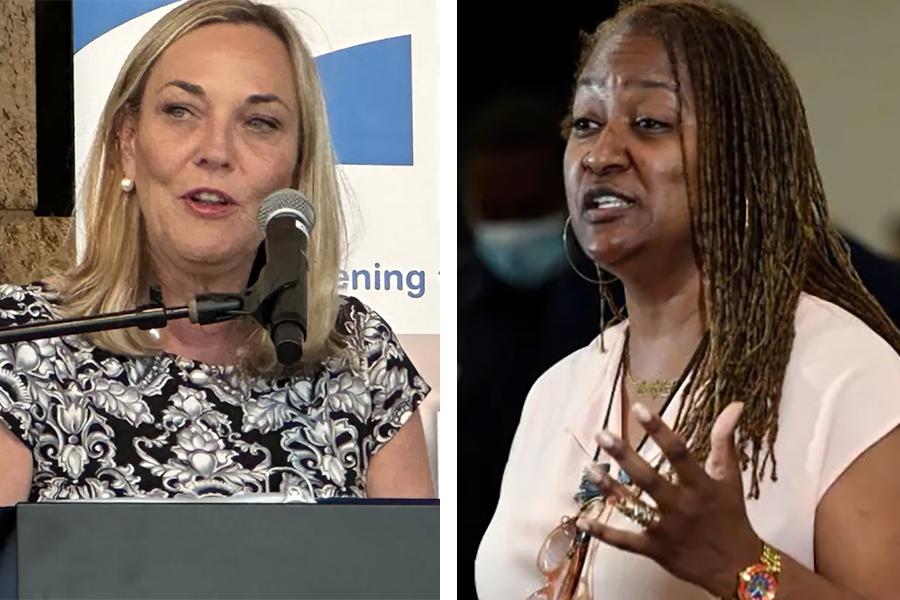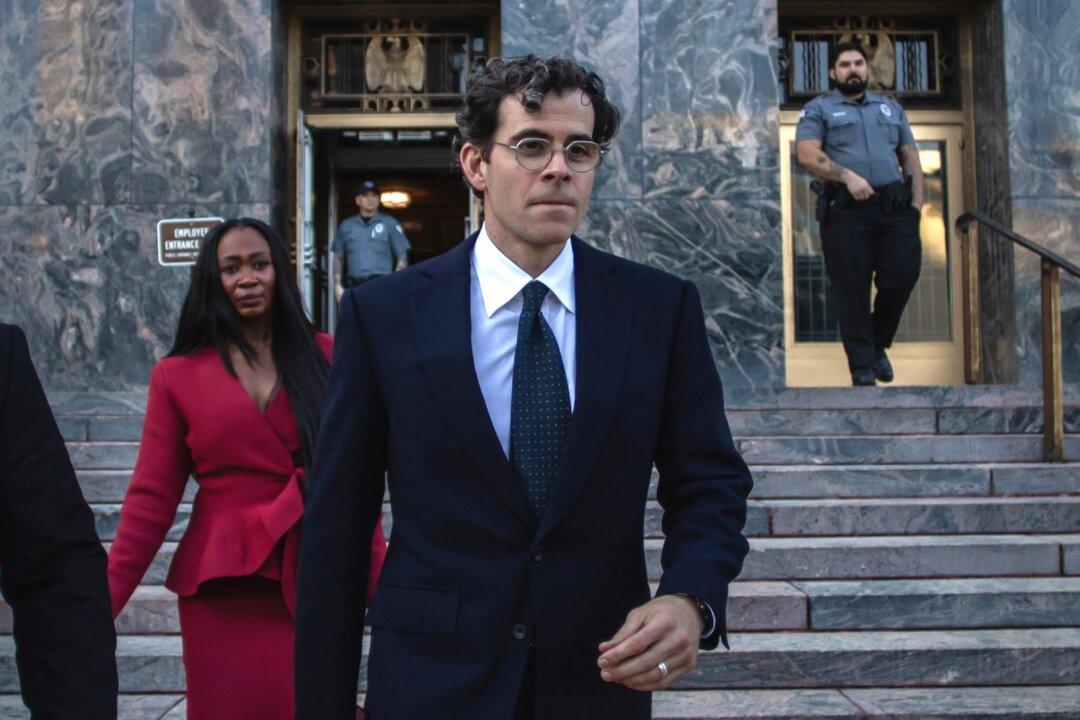Following a lengthy and heated discussion at its weekly meeting, the Los Angeles County Board of Supervisors voted on July 9 to advance proposed amendments to the County Charter, including an expansion of the board from five to nine members and the creation of an elected executive position.
Supervisors Kathryn Barger and Holly Mitchell abstained, citing a rushed process and lack of transparency, as well as potential costs.





